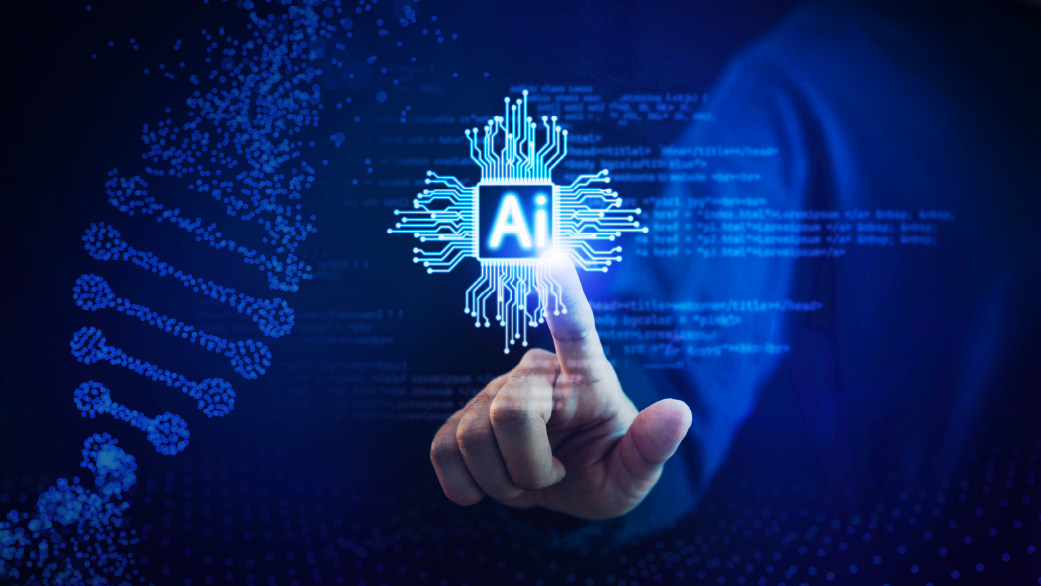바이오로직스 자료

Artificial intelligence (AI) offers a transformative solution to operational challenges in an industry where precision and compliance are critical. Our latest whitepaper explains how Samsung Biologics leverages AI-driven platforms to better adapt to the changing regulatory landscape, streamline quality assurance, and improve manufacturing processes. Read more
Unlocking AI’s potential in biopharma operations
The biopharmaceutical industry operates within a stringent regulatory framework, requiring meticulous adherence to compliance standards to ensure the quality, safety, and efficacy of drug products. This includes the rigorous development and documentation of standard operating procedures (SOPs) and the management of vast records necessary for good manufacturing practice (GMP) compliance. For contract development and manufacturing organizations (CDMOs), this process is further intensified by specific client due diligence requirements and frequent audits. Maintaining comprehensive documentation and being inspection-ready are non-negotiable.
Traditional methods, such as manually sifting through extensive internal databases to locate and verify records — whether for SOPs, deviations, corrective and preventive actions (CAPAs), or change control (CC) — are time-intensive and prone to delays. These inefficiencies underscore the urgent need for advanced solutions that streamline operations and ensure seamless compliance.
Artificial intelligence (AI)-driven platforms present a transformative opportunity to optimize operations and stay ahead of regulatory expectations. By enhancing inspection readiness and operational workflows, AI in drug manufacturing can bolster regulatory compliance, mitigate risks, and deliver significant benefits beyond compliance. These include increased productivity, reduced operational costs, and improved service quality. In an industry where precision is paramount, AI offers a competitive edge by optimizing processes and addressing long-standing operational challenge.

Artificial intelligence (AI) offers a transformative solution to operational challenges in an industry where precision and compliance are critical. Our latest whitepaper explains how Samsung Biologics leverages AI-driven platforms to better adapt to the changing regulatory landscape, streamline quality assurance, and improve manufacturing processes. Read more
Unlocking AI’s potential in biopharma operations
The biopharmaceutical industry operates within a stringent regulatory framework, requiring meticulous adherence to compliance standards to ensure the quality, safety, and efficacy of drug products. This includes the rigorous development and documentation of standard operating procedures (SOPs) and the management of vast records necessary for good manufacturing practice (GMP) compliance. For contract development and manufacturing organizations (CDMOs), this process is further intensified by specific client due diligence requirements and frequent audits. Maintaining comprehensive documentation and being inspection-ready are non-negotiable.
Traditional methods, such as manually sifting through extensive internal databases to locate and verify records — whether for SOPs, deviations, corrective and preventive actions (CAPAs), or change control (CC) — are time-intensive and prone to delays. These inefficiencies underscore the urgent need for advanced solutions that streamline operations and ensure seamless compliance.
Artificial intelligence (AI)-driven platforms present a transformative opportunity to optimize operations and stay ahead of regulatory expectations. By enhancing inspection readiness and operational workflows, AI in drug manufacturing can bolster regulatory compliance, mitigate risks, and deliver significant benefits beyond compliance. These include increased productivity, reduced operational costs, and improved service quality. In an industry where precision is paramount, AI offers a competitive edge by optimizing processes and addressing long-standing operational challenge.
- Attached